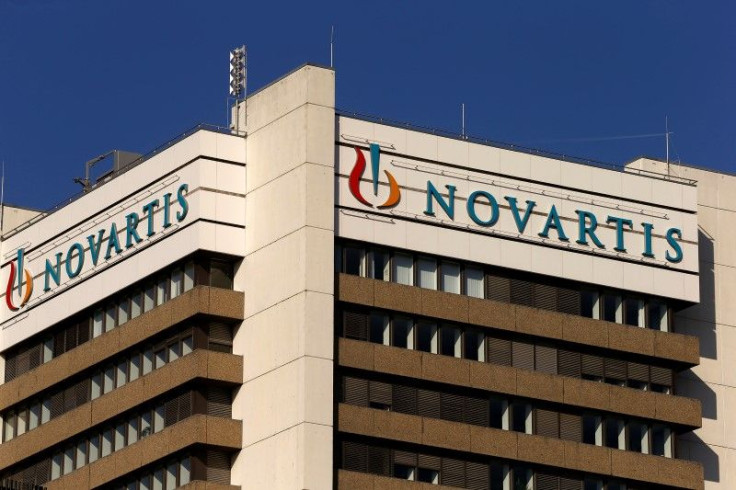Novartis: Lymphoma Study Shows CART On Track For 2017 US Submission

ZURICH (Reuters) - Swiss drugmaker Novartis said the latest findings from a study on its newest therapy for two kinds of blood cancer track earlier results, bolstering its confidence in a 2017 U.S. regulatory submission.
Novartis is testing CTL019, its investigational chimeric antigen receptor T cell therapy, or CART, on 15 adult patients with the most-common non-Hodgkins lymphoma, called diffuse large B-cell lymphoma (DLBCL), and 11 follicular lymphoma patients.
The ongoing Phase II study is on patients with advanced disease, who have not responded to standard treatment.
According to findings, overall response rates, or those who saw some reduction in cancer, at three months were 47 percent in DLBCL patients, and 73 percent in follicular lymphoma, Novartis said on Sunday at the American Society of Hematology conference in Orlando.
Earlier findings, from just half the patient count, were similar, said Usman Azam, Novartis' global head of cell & gene therapies.
Novartis said the findings keep CTL019 on track for 2017 regulatory submission with the U.S. Food and Drug Administration as it seeks to find new ways of fighting DLBCL, which has an estimated 25,000 new U.S. cases and 10,000 deaths each year.
"We remain consistent again with the data set," Azam said. "It's an attractive population, it's a population that continues to have a huge unmet need, it's a cornerstone of our investments."
Four patients developed an inflammatory, often flu-like response common when cancer cells are killed; two developed neurologic toxicity, Novartis said.
CART therapies rely on extracting immune system T cells from a patient. Then, their DNA is re-engineered to help them spot and kill cancer cells. Finally, they are re-infused into the same patient.
The eventual aim is a one-time treatment; if it works, signs of the cancer are eliminated and treatment can end.
With CTL019, also being studied by Novartis on children with advanced leukemia, the Basel-based drug giant has joined smaller rivals including Juno Therapeutics and Kite Pharma seeking to launch new, more-effective — and likely very expensive — treatments for blood cancers.
Analysts expect CART therapies to command prices up to $450,000 when they hit the market by 2017. Novartis acknowledged costs will be high, but declined to give dimensions.
"With any disruptive innovation that comes, initially, cost of goods is very challenging," Azam said. "As time goes on, and more patients are treated, we will simplify that cost base."
(Reporting by John Miller, editing by David Evans)
Published by Medicaldaily.com



























